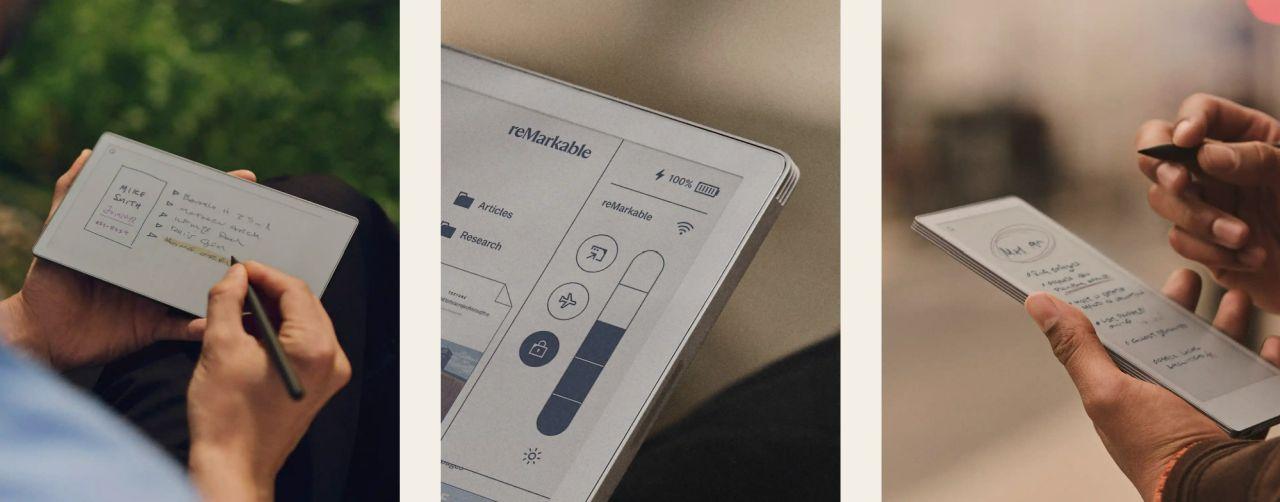
The Wisdom of Indigenous Innovation: “The Knowledge is in our DNA”
Denise Williams is on the Leadership Group for the Solve Indigenous Communities Fellowship (deadline March 10, 2019). She is a member of Cowichan Tribes and the CEO of the First Nations Technology Council in Canada, which works towards equitable access to technology for Indigenous communities to advance sovereignty in the digital age.
Nearly every day, from student strikes to the challenges of cutting emissions, climate change is in the news. With this coverage, we hear about the growing importance of preserving our natural world. At the same time, people in the tech industry talk endlessly about the discipline of innovation: invention, design, and iteration.
Long before these concepts were the buzzwords they are today, Indigenous communities valued and practiced these beliefs. Practical inventions—such as Inuit snow goggles carved from bone antler, the Mi’kmaq toboggan for transport, using willow as an anti-inflammatory, or applying raw bitumen to waterproof the canoes of the Cree and Dene peoples—all demonstrate an advanced knowledge of science, technology, and innovation. These central tenets of Indigenous wisdom can be traced back to antiquity, developed through more than 15,000 years of experience.
Beyond practical inventions and innovations, Indigenous peoples continue to hold critical knowledge on how to live sustainably—in balance with our planet and with one another. In the heartbeat of this sacred knowledge lies a powerful belief system that honors and respects all life forms and their interconnection.
Our innovation, skills, and resiliency have been proven by our ability to survive and thrive for thousands of years—despite climate change, famine, flood, fire, colonization, disease, capitalism, social and economic exclusion, and cultural genocide.
We’re still here, in great numbers, re-building powerful nations with this wisdom we’ve protected. By blending ancestral knowledge with the science and technology of our non-Indigenous brothers and sisters, we can solve some of our planet’s most pressing problems.
This knowledge is in our DNA, passed down for generations, and it’s alive in every Indigenous person you meet today. For the benefit of all humanity, we must make space for it, elevate those voices, and cultivate these ideas into a mainstream dialogue—which is what programs like MIT Solve’s Indigenous Communities Fellowship aim to do. We must also ensure that Indigenous peoples are at the table when we make decisions during a precarious, rapidly evolving time for our species and planet.
True innovation requires a diversity of thought, and the world view of Indigenous peoples can challenge mainstream western ideology. This perspective will expand our collective understanding of what it means to be human in a time of artificial intelligence, machine learning, and virtual environments.
What we code into these technological systems today will define our future as a species. Who better to write that code than those who carry the wisdom of our most experienced innovators?
From birth, Indigenous peoples hold a responsibility to our land and to future generations—a responsibility that each of us upholds, stewarding a delicate balance and respect for all life forms. Unlike our ancestors, we now do this within an overly capitalist, consumerist, and throw-away culture.
However, with the world’s growing awareness, indisputable data, and powerful desire for change, now is the time for Indigenous thought leaders and tech innovators to combine their ancestral knowledge and genetic memory for innovation with the power of today’s digital technologies.
There is a clear symbiosis between the newest technology innovations of the 21st century and the foundations of ancestral technologies that paved the way. MIT Solve is interested in this interaction—combining modern science with traditional knowledge—and wishes to promote it through the MIT Solve Indigenous Communities Fellowship.
The Fellowship is open for applications through March 10. Apply at solve.mit.edu. The Fellowship is open to Navajo Nation, Hopi Tribe, and Oceti Sakowin communities in the US; we hope to expand this opportunity to more communities in the future.
Denise Williams speaks on the “Connect Through Tech” panel at Solve at MIT 2018. (Photo: Adam Schultz / MIT Solve)
Tags:
- Indigenous Communities
Related articles
-
Powered by Purpose: E Ink’s ePaper Technology Takes Aim at the World’s Toughest Problems
Because it draws power only when an image changes—and none at all while static—ePaper reduces energy consumption by orders of magnitude. That single breakthrough unlocks net-zero transit signs, off-grid medical notebooks, and other applications that traditional screens simply can’t power sustainably.
-
MIT Solve Launches $1.5M Global Search for Tech-Enabled Social Innovations
The world's leading social impact platform seeks tech innovators tackling global challenges in Climate, Health, Learning, Economic Prosperity, and Indigenous Communities
-
Cultivating Cultural Revitalization and Sustainable Futures in Hana, Hawai'i
Ma Ka Hana Ka 'Ike– “In working, one learns.” Rick Rutiz, a homebuilder in the East Maui community of Hana, had an epiphany while watching his students of Hana Elementary and High School. Witnessing the students gravitate towards experiential learning, he realized that abstract concepts they found challenging on paper...